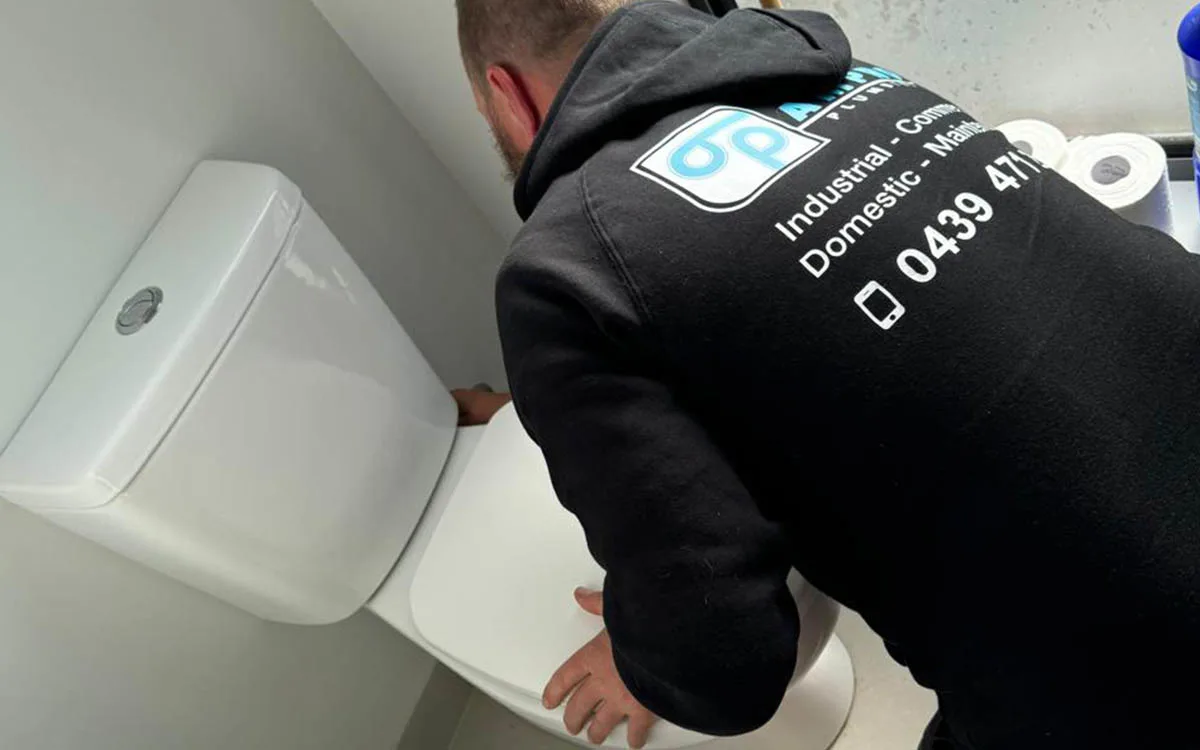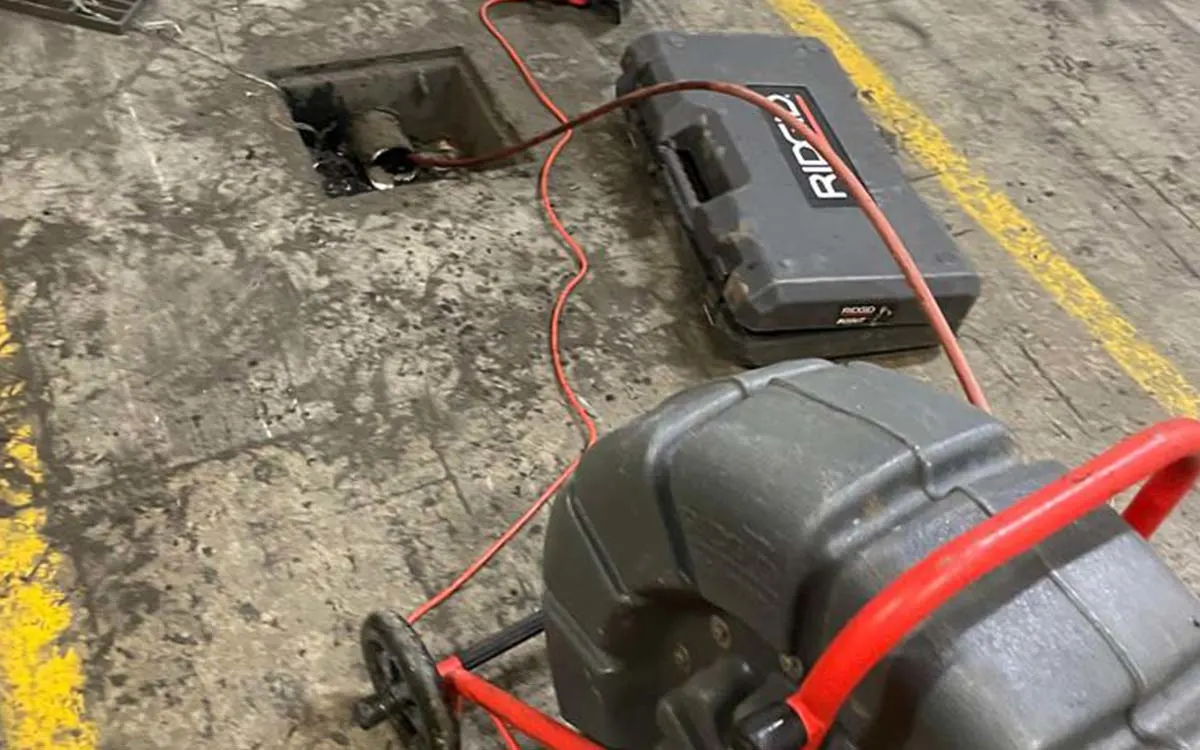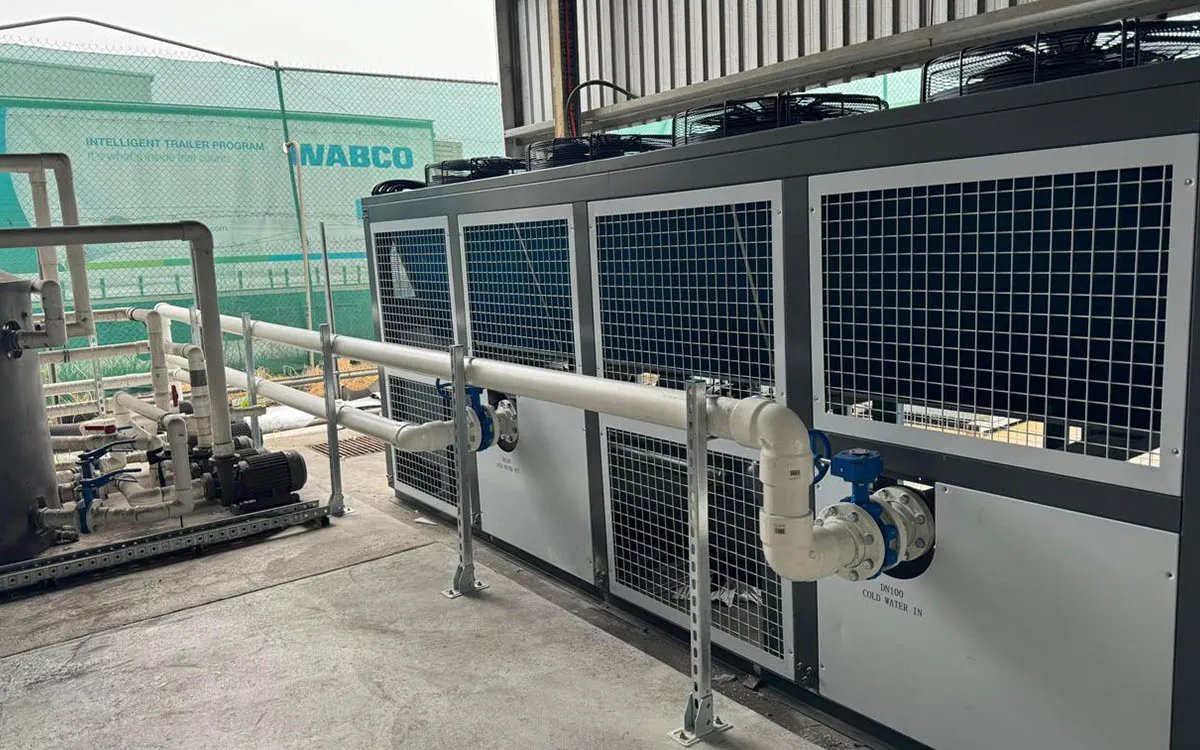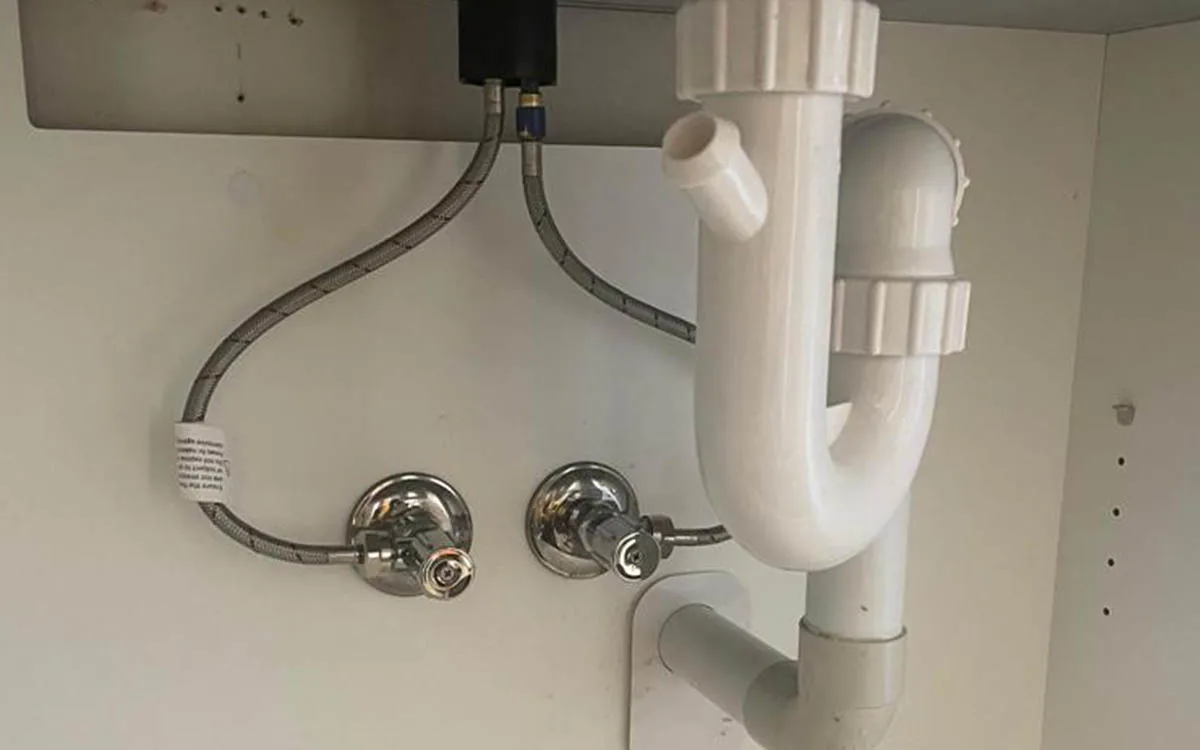When it comes to plumbing issues, homeowners often face the daunting task of identifying the source of the problem. Traditional methods of diagnosing plumbing...
Essential Tips for Choosing the Right Residential Plumber
When faced with a plumbing issue in your home, hiring a reliable, skilled residential plumber can save you from costly repairs and provide peace of mind. Choosing the right plumber isn’t just about finding someone who can fix a leak—it’s about selecting a professional who understands your home’s plumbing system and can address issues efficiently and safely. Here are some essential tips to guide you in choosing the right residential plumber.
Check for Proper Licensing and Certifications
A qualified plumber should be licensed and certified by the appropriate authorities in your area. Licensing ensures that the plumber has received proper training, understands local plumbing codes, and can perform plumbing work safely. In addition, licensed plumbers are more likely to be insured, which protects you from potential liabilities should an accident or damage occur during the job.
Tip: Ask for the plumber’s license number and verify it with your local licensing board to ensure it is current and valid.
Consider Their Experience and Expertise
Experience is often a strong indicator of a plumber’s competence. Plumbers with years of experience have encountered a wide variety of issues and know how to solve complex problems efficiently. Look for a residential plumber who specializes in home plumbing services rather than commercial ones, as residential plumbing requires a specific skill set that includes understanding the layout and specific needs of residential systems.
Tip: Ask about their years of experience and if they have expertise with specific types of systems (e.g., older pipes, septic tanks, or new construction plumbing).
Evaluate Their Reputation and References
Before hiring, look into the plumber’s reputation. Reading online reviews and asking for references from previous clients can give you a sense of the quality of their work and professionalism. A plumber with a solid reputation for customer satisfaction is more likely to provide a positive experience.
Tip: Check review sites like Google Reviews, Yelp, or even local community forums. Word-of-mouth recommendations from neighbors or friends can also be highly valuable.
Get Clear, Upfront Pricing
A professional plumber should be able to provide an accurate estimate of the cost before beginning work. Avoid plumbers who give vague or too-good-to-be-true estimates, as they may later tack on hidden fees. The best plumbers offer transparent, upfront pricing with a detailed breakdown of labor, parts, and additional charges.
Tip: Request a written quote before agreeing to any work. This way, you’ll have a record to reference if there are any disputes over costs.
Check for Insurance Coverage
Insurance is a must-have for any plumbing professional. Insurance protects you, your home, and the plumber in case of accidents, injuries, or damage during the job. A reputable plumber should carry liability insurance and workers’ compensation to cover any unforeseen issues.
Tip: Request to see proof of insurance and verify with the insurance provider if necessary.
Ask About Warranties and Guarantees
A trustworthy plumber will stand by their work and offer warranties or guarantees on both their labor and the parts they install. This assurance means that if something goes wrong with the repair, the plumber will come back and fix it at no extra cost.
Tip: Inquire about the terms of any warranties or guarantees, including how long they last and what they cover.
Evaluate Their Communication and Customer Service
Good communication is essential in any service industry, and plumbing is no exception. Pay attention to how responsive and professional the plumber is during your initial interactions. A reliable plumber will take the time to explain the issue, discuss your options, and answer your questions in a clear and respectful manner.
Tip: If the plumber is difficult to reach or seems rushed, it may be a red flag that customer service is not their priority.
Confirm Their Availability for Emergency Services
Plumbing emergencies don’t always happen during business hours. A reputable residential plumber should offer emergency services, including nights and weekends. Knowing your plumber is available when you need them most provides extra peace of mind.
Tip: Ask if they offer emergency services and if there are any additional fees for after-hours assistance.
Assess Their Equipment and Technology
Plumbers who use up-to-date tools and technology are often more efficient and capable of providing high-quality service. For instance, plumbers who use video inspection tools can quickly locate clogs or leaks without extensive digging or damage. This technology can save time and reduce the overall cost of repairs.
Tip: Inquire about the tools and technology they use and how they might benefit your specific plumbing needs.
Look for Local Knowledge and Community Involvement
Choosing a local plumber can offer several benefits, from faster response times to familiarity with local plumbing codes and common issues in the area. Additionally, local plumbers often have a vested interest in maintaining a good reputation in the community, which can lead to better service.
Tip: Supporting a local plumber also helps your local economy, and they’re often more accountable since they’re part of your community.
Final Thoughts
Finding the right residential plumber can seem like a daunting task, but by following these essential tips, you can confidently choose a professional who will meet your needs and ensure your home’s plumbing system is in good hands. With the right plumber, you’ll enjoy prompt, reliable service and avoid the stress of future issues. Remember, investing in a skilled, experienced plumber is an investment in the safety and comfort of your home.




